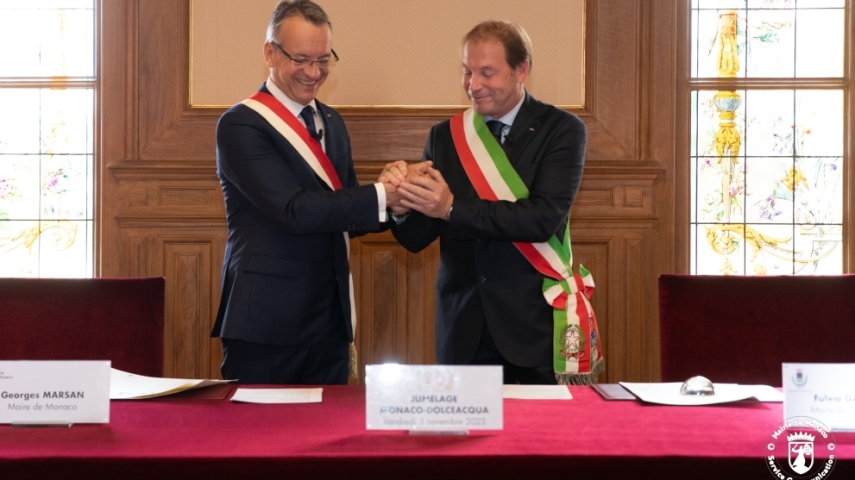
"This agreement defines teleworking and establishes that teleworkers residing in Italy will be subject to Monaco’s social legislation throughout their employment as teleworkers for a company based in the Principality," stated the Monégasque government in a press release published on May 29, 2024.
Since June 1, 2024, employees of the Principality residing in Italy have been permitted to telework. This achievement follows nearly a decade of negotiations between the Monégasque government and Italian authorities.
After a long and challenging journey, employees of the Principality who live in Italy can now telework. The initial steps were taken on October 12, 2015, during a bilateral meeting between Monaco and Italy at the Italian Ministry of Labour and Social Policies. The Monégasque delegation, led by Stéphane Valeri, then Minister of Social Affairs and Health, met with Paolo Pennesi, Secretary-General of the Italian Ministry of Labour and Social Policies. The Monégasque government aimed to reach an agreement similar to the one with France, which would require amending the general social security agreement between Monaco and Italy to allow Italian teleworkers to be covered by Monégasque social security.
Italians are the third-largest nationality in Monaco after Monégasques and French, with over 5,000 commuting daily from Italy. Monaco and Ventimiglia are only 28 kilometers apart, facilitating exchanges. These commuters include not only Italians but also French citizens who have moved to Italy to improve their purchasing power. According to the Monégasque Institute of Statistics and Economic Studies (IMSEE), the number of private sector employees residing in Italy increased from 4,231 to 4,751 between 2018 and 2022, a 4.1% rise. In 2023, Italians made up 15.4% of Monaco's private sector employees, with 5,249 living in Italy. The Italian presence in Monaco's workforce is steadily growing, with the number of Italian nationals in the private sector increasing by 5.1% from 2018 to 2022, totaling 8,533.
On November 2016, Cristiano Gallo, then Monaco's ambassador to Italy, estimated that out of the 3,600 Italians commuting daily to Monaco, 800 might be interested in teleworking. Optimism was high, and efforts were made to finalize the agreement by 2017. Despite the delays, Giulio Alaimo, who succeeded Gallo on September 16, 2020, continued the discussions. An agreement was finally signed on May 10, 2021, between Pierre Dartout, Minister of State, and Andrea Orlando, Italian Minister of Labour and Social Policies. This agreement defined teleworking for Italian residents.
Before this, some employees in Italy were already teleworking, primarily in banking and finance. Ambassador Giulio Alaimo estimated that around 20% of cross-border employees engaged in teleworking. The May 2021 agreement created a general legal framework for teleworking, moving beyond temporary measures like those during the COVID-19 pandemic. The agreement stipulates that teleworking should not exceed two-thirds of weekly working hours, or 26 hours per week, and must be formalized through a work contract or amendment, requiring the employee to be present at least one-third of their working time in the office.
On May 29, 2024, the Monégasque government announced the ratification of Amendment No. 1 to the general social security agreement between Monaco and Italy, originally signed on February 12, 1982. This marked the culmination of nearly ten years of negotiations. The government expressed its satisfaction with this development, which required years of negotiations, leading to the signing of Amendment No. 1 by Pierre Dartout and Andrea Orlando on May 10, 2021.
The Monégasque government sees many advantages in teleworking, such as reducing traffic and improving employee quality of life. "This extension of teleworking access is a significant advancement for both the Principality and Italy," the government noted. "In the coming decades, it will effectively address the challenges posed by Monaco's economic success, particularly the limited territory, while promoting employment access for Italian workers."
